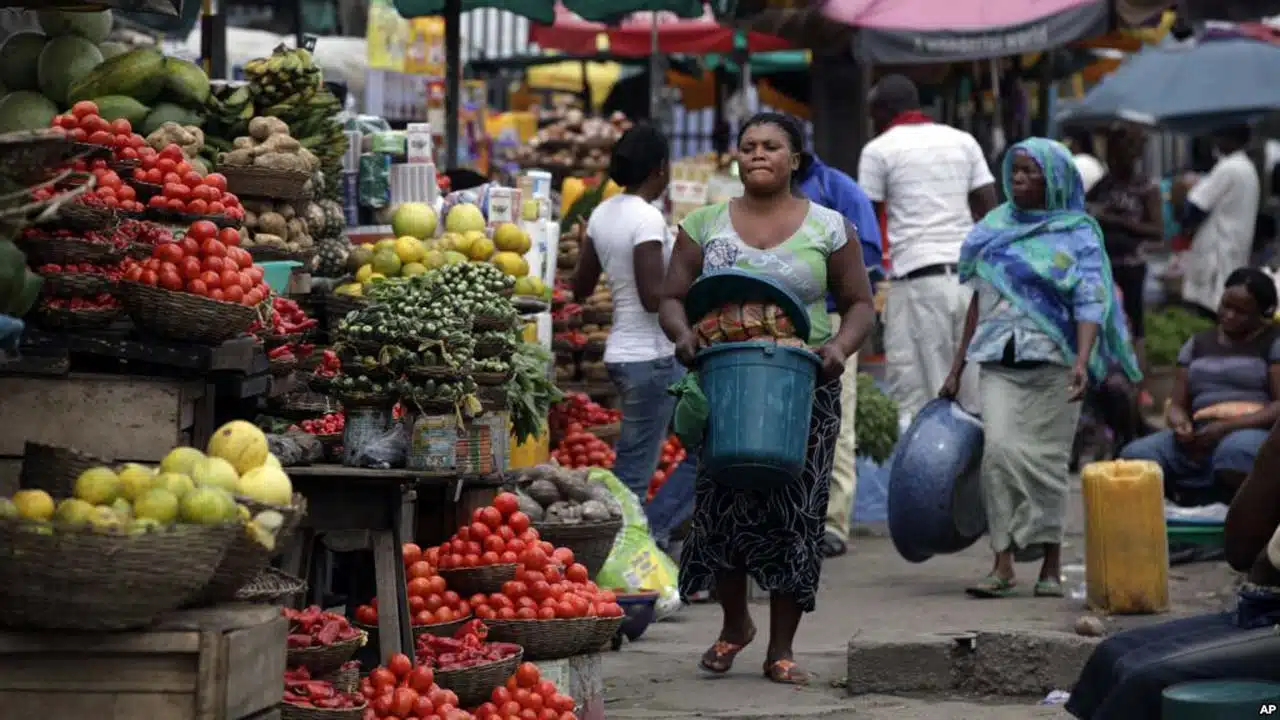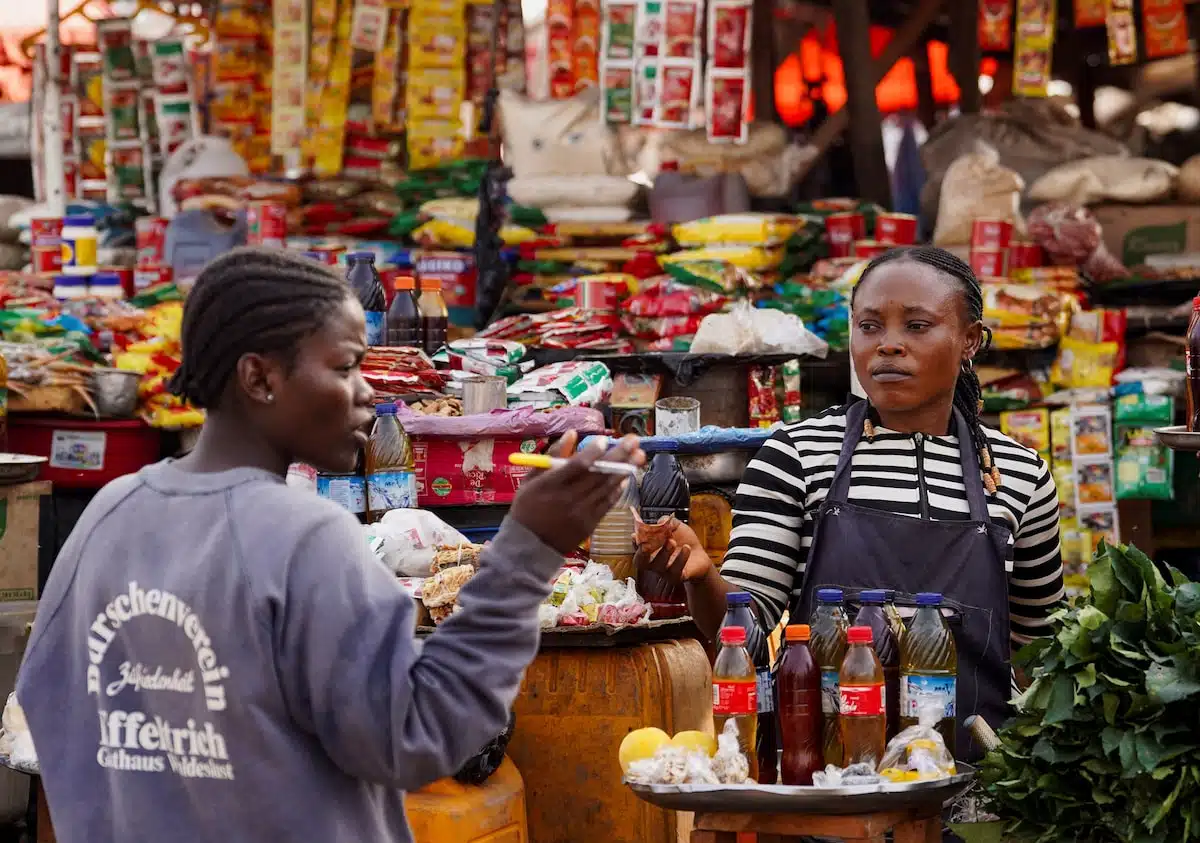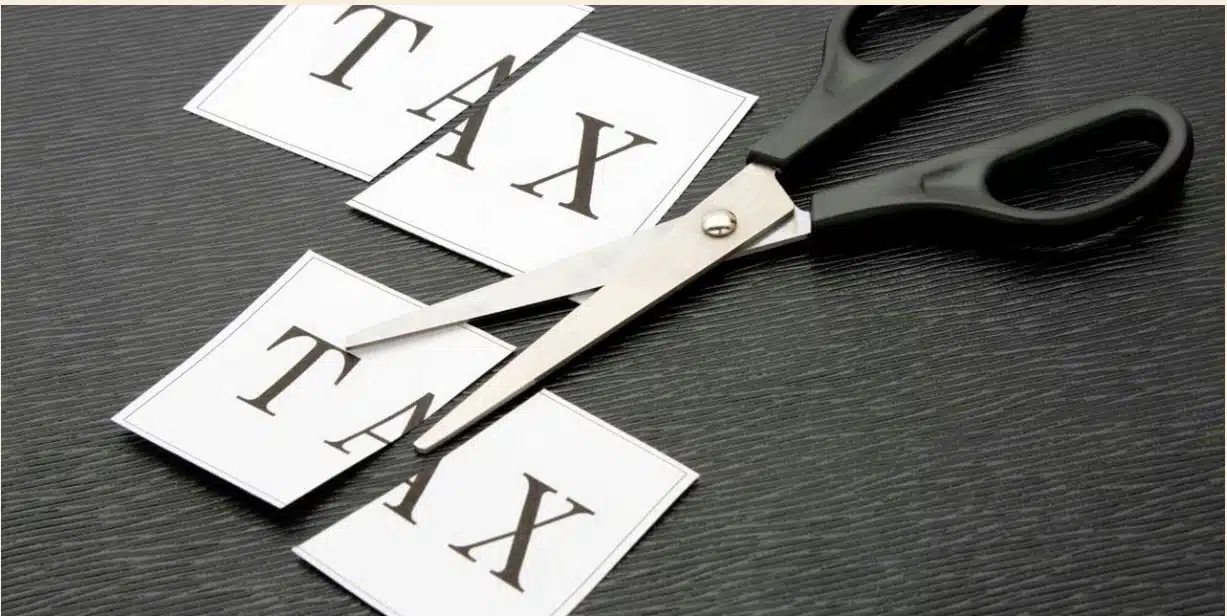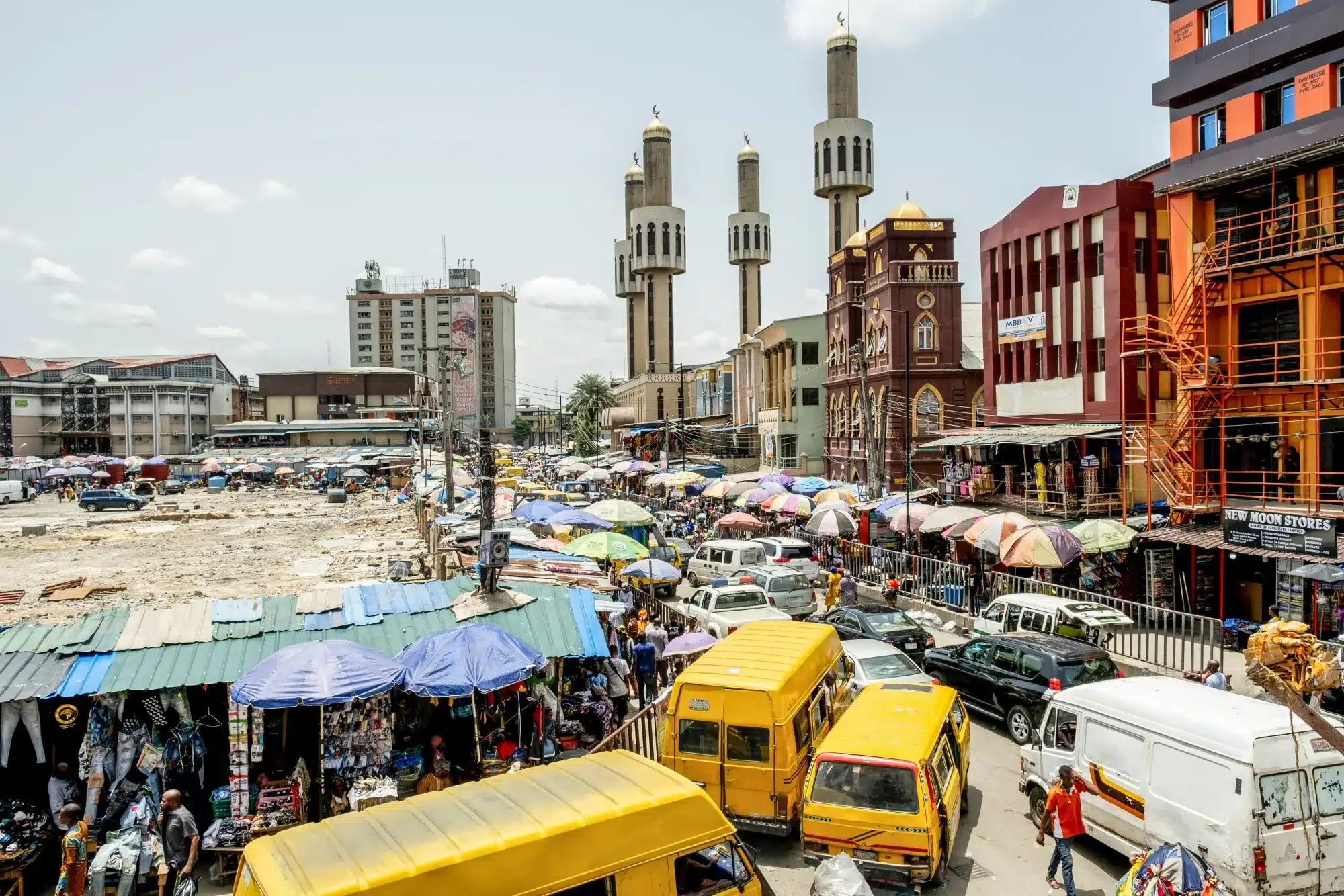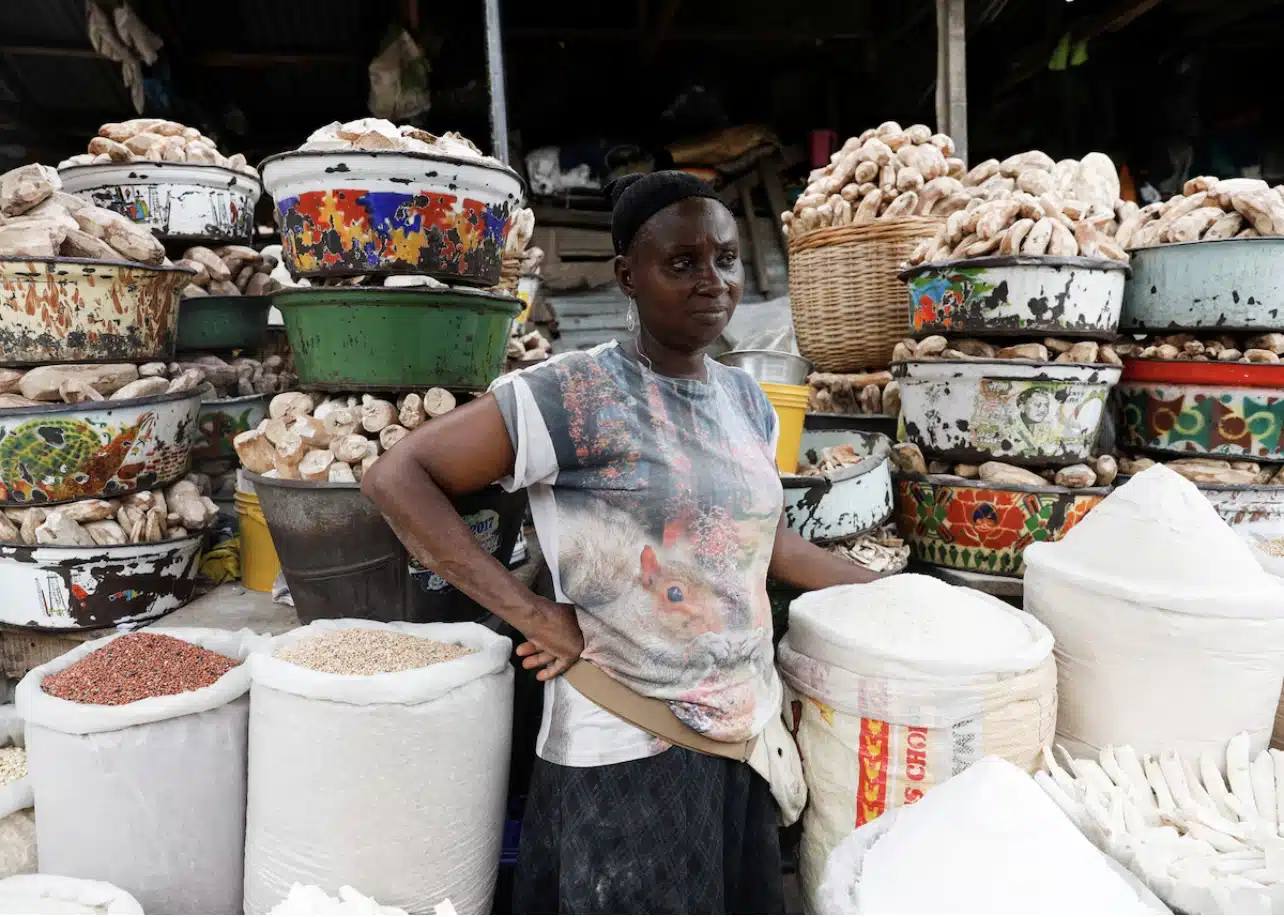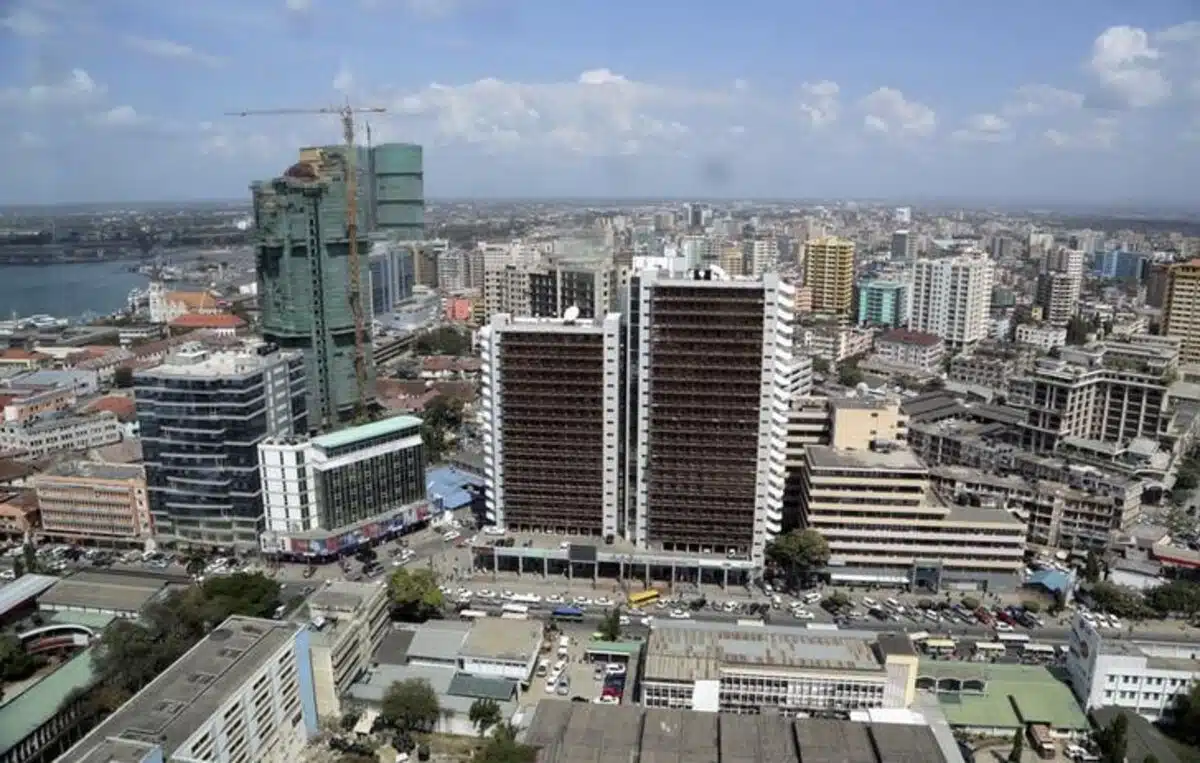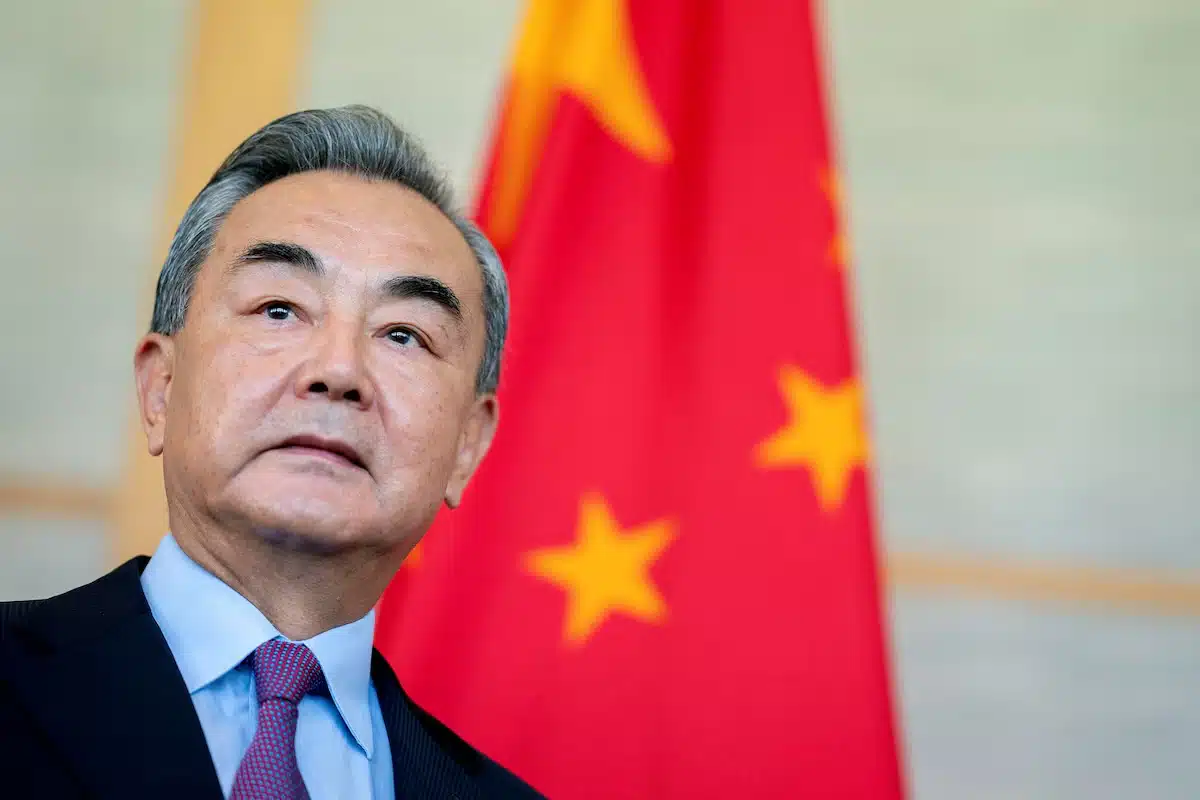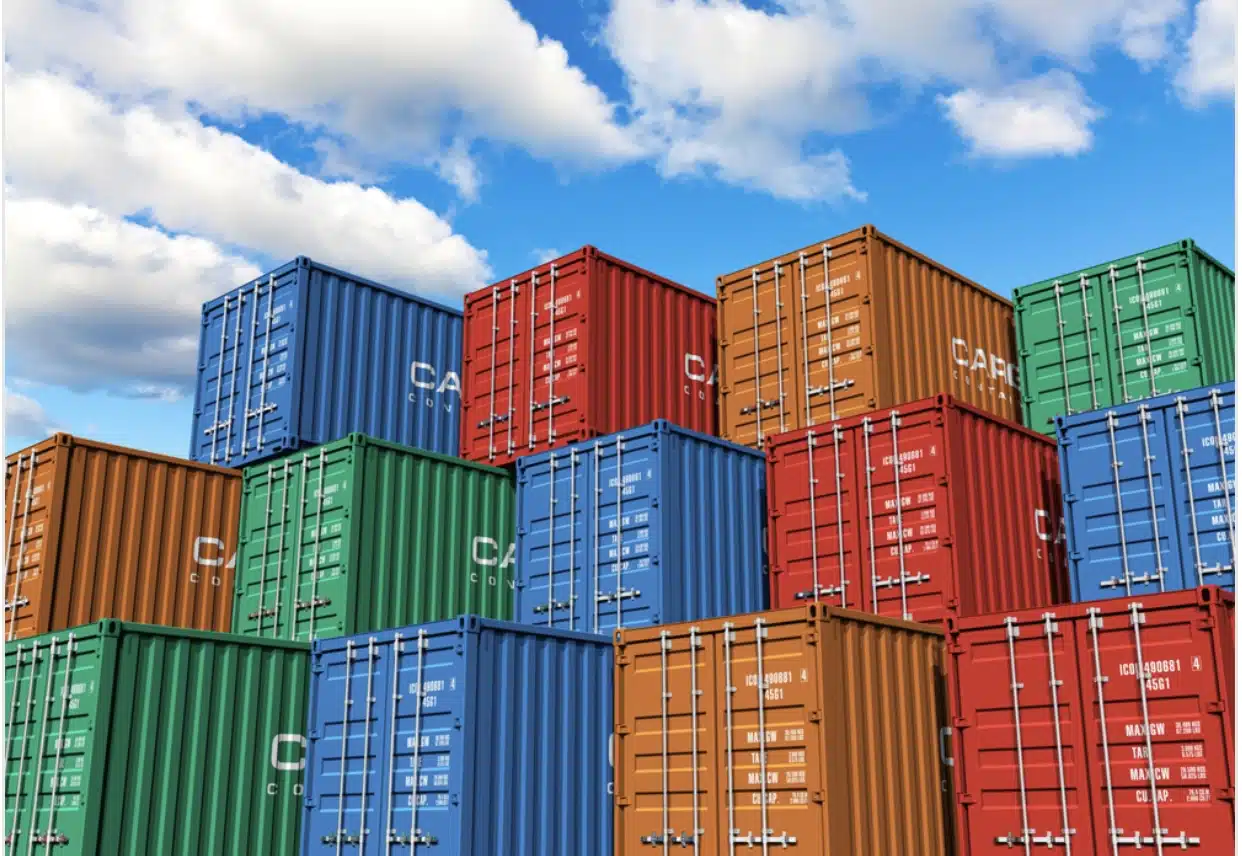Nigeria’s headline inflation is projected to slow for the fourth consecutive month in July 2025, dipping to 21.79% from 22.22% in the previous month, according to Financial Derivatives Company (FDC), an economic think-tank & niche investment boutique in Nigeria.
The projection comes before the National Bureau of Statistics’ July Consumer Price Index report, scheduled for release on Friday, July 15.
The expected moderation is being attributed to seasonal harvest inflows, relative stability in the naira, and a reduction in fuel distribution costs.
Speaking on Channels Television last week, Dumebi Oluwole, Senior Manager at FDC, said the convergence of the harvest season, the rollout of gas-powered vehicles, and a steady foreign exchange rate are helping to ease price pressures.
“When you put all of this together, there is a downward trend that will most likely be reflected in the inflation number,” Oluwole said.
In Nigeria, bumper harvest periods typically soften food prices, particularly when transport and logistics costs are contained. The recent cuts in petrol prices by Dangote Refinery — from N880 to N840 per litre on July 1 and further to N820 on August 12 — are expected to contribute to cheaper distribution.
Oluwole noted that reduced logistics costs will feed into commodity prices and help moderate food inflation, which remains stubbornly high despite the headline slowdown.
However, she cautioned that risks remain. Flooding in key food-producing states and a global uptick in crude oil prices — which could raise domestic fuel costs — may keep inflationary pressures elevated.
“Not to say there is no risk,” she said, “but improved supply from harvests should provide some relief.”
The July forecast follows inflation’s drop in June to the lowest level since Nigeria rebased its consumer price index to the 2024 base year. While core inflation eased modestly in June, food inflation ticked up slightly, highlighting the gap between headline figures and consumer experience.
If the July projection holds, it could give the Central Bank of Nigeria room to reassess its monetary stance.
Analysts say the inflation path over the rest of the year will hinge on the balance between cost-push factors — such as weather-related supply shocks and energy costs — and cost-pull relief from improved agricultural supply and lower transport costs.

